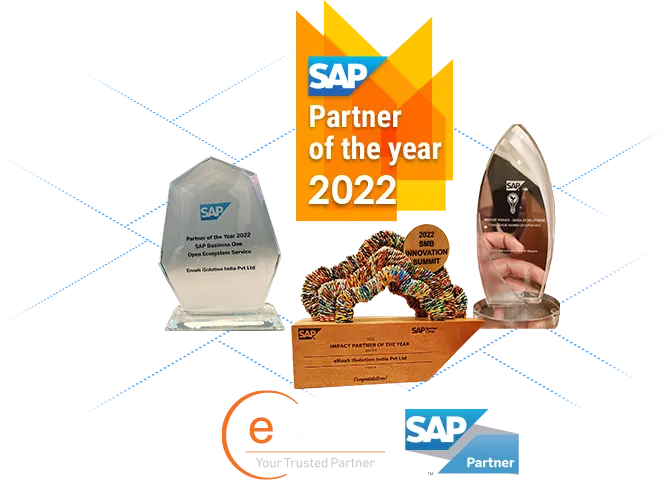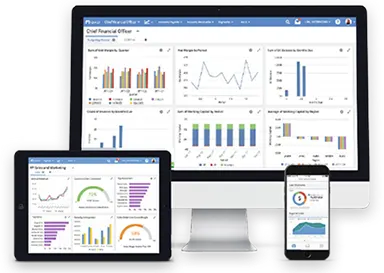The highly regulated pharmaceutical industry, businesses face constant challenges and competition. To thrive in this environment, companies need streamlined workflows and advanced system integrations. eNoah, a trusted partner offering leading ERP solutions, provides comprehensive support tailored to the unique needs of the pharmaceutical sector.
Key Challenges in the Pharmaceuticals Industry
The pharmaceutical businesses strive to innovate and deliver life-changing solutions, they encounter several key challenges that demand strategic solutions.




